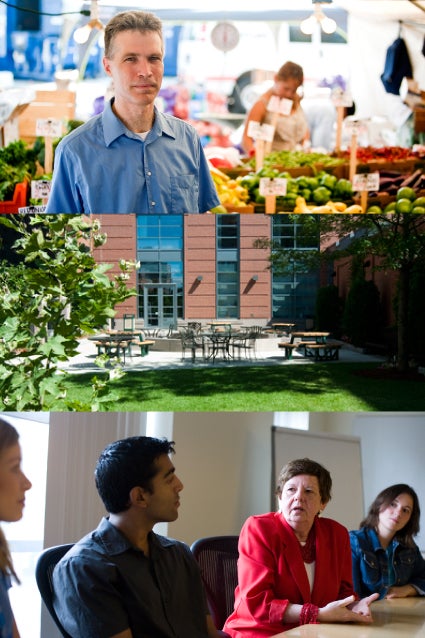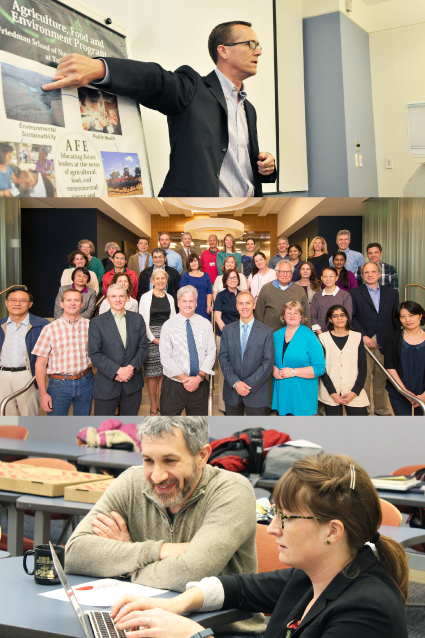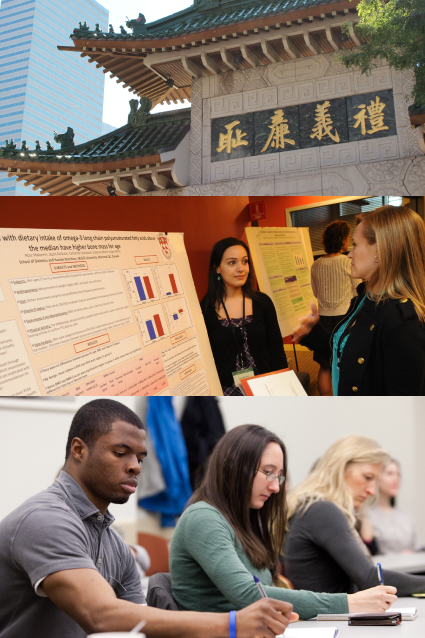Jessica Sparks
Assistant Professor
Jess Sparks is an Assistant Professor in the Division of Agriculture, Food and Environment at the Friedman School of Nutrition Science and Policy at Tufts University. Jess’s research focuses on using qualitative and quantitative social science methods to conceptualize and quantify the effects of climate and environmental change on working conditions in food systems, ranging from decent work to forced labor, human trafficking, and modern slavery. Most of her research has focused on marine capture fisheries and seafood supply chains, interrogating the relationship between illegal, unreported, and unregulated (IUU) fishing; fish stock changes; and working conditions onboard fishing vessels. She has also conducted research on the social dimensions of sustainability in agricultural, forestry, brick, and critical mineral supply chains, with the centering of workers’ voices a unifying approach in her work. She is also engaged in a smaller body of work on climate change, natural hazards, and risks of modern slavery, human trafficking, and forced marriage.
Jess’s research is applied in nature, aiming to provide an evidence-base to end exploitative labor practices in food supply chains. Her research has informed the practices of front-line agencies (including the Vatican’s pastoral responses to human trafficking) in addition to policy makers. She has collaborated with a range of stakeholders including unions, workers’ representatives, port-based chaplains, and workers themselves. She has recently joined forces with the International Transport Workers’ Federation and the Fair Food Program to launch the first worker-driven social responsibility pilot in fisheries. Her recent research on working conditions in UK fishing was featured in The Guardian, and her current research projects involve a global analysis of working conditions in fishing using a dataset she constructed from more than 2,000 surveys with fishers; the development of a living wage framework for migrant fishers in globalized seafood value chains; approaches to carbon footprinting modern slavery; and a comparative analysis of the risks of forced labor across diets in the US.
Jess has worked in the labor and human rights fields for over 15 years, first as a social worker and now as a researcher. Prior to joining the Friedman School, she was the Associate Director of the Ecosystems and Environment Programme at the University of Nottingham Rights Lab (UK) and a Nottingham Research Fellow. She maintains affiliations with the Rights Lab and the Stanford University Center for Ocean Solutions and is a Course Director in the MS in Conservation Medicine program at the Cummings School of Veterinary Medicine at Tufts University.
Education
Ph.D., 2018, Sustainable Development and Global Practice, Graduate School of Social Work, University of Denver
M.S., 2014, Conservation Medicine, Cummings School of Veterinary Medicine, Tufts University
M.S.W, 2007, Social Work, Brown School at Washington University in St. Louis
B.A., 2005, Sociology, University of North Carolina at Chapel Hill










